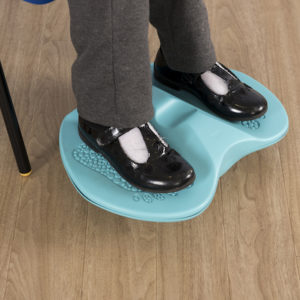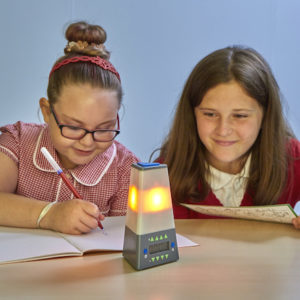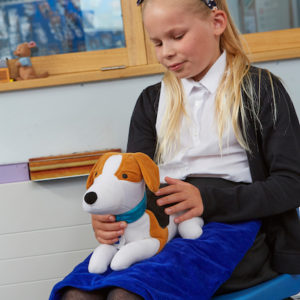
He will always fondly be remembered by me as ‘Spaghetti Head’. This affectionate nickname came about following a discussion (after he had been sent out of assembly yet again for repeatedly calling out) in which he tried hard to explain what having ADHD was like for him. The pupil explained that his head was a lot like a big bowl of spaghetti. Each separate thought and action was an individual piece of spaghetti. The challenge for Spaghetti Head was that he had several pieces of spaghetti that needed sorting out all at the same time and that these got jumbled up, just like a huge bowl of spaghetti! He also shared that the best way he could think of to do this was to communicate about each piece of spaghetti as he untangled it. Hence the sometimes impulsive behaviour and calling out.
What struck me most during our conversation was his upset at unintentionally bothering and annoying others. None of his behaviour was on purpose. It is such a shame that in the heat of the moment many other teachers had forgotten this.
Over that academic year, Spaghetti Head and I worked together to find as many different ways as we could to help him sort out and prioritise his spaghetti and to help the staff to help him.
Here are some of the better strategies we came up with:
- Learning to ‘park it’ for later. For this approach, we gave Spaghetti Head some post-it notes. As a thought or need for action occurred to him he made a quick jotting or sketch on a post-it note and stuck it on his desk to be addressed at a more appropriate time. This reduced the calling out significantly and meant that adults could help him sort through them and prioritise the important and/or relevant ones.
- We agreed on a discrete ‘check yourself’ signal for when the calling out, noise making or moving became too much. This meant that staff were calling out his name much less and he tried hard to focus on us to watch for the signal. A much more positive approach!
- All tasks were broken down into several mini-tasks with additional visual support provided in the form of task timelines. This meant that success was frequently experienced as each mini-task was completed. It also helped to keep track of the bigger picture.
- We had a flexible seating arrangement which meant this pupil could sit on the edge of the group rather than right in the middle in the view of all. He wasn’t in the teacher’s eye line as much and as a consequence, was identified for low-level disruptive behaviours a lot less. This helped the other pupil’s and the child’s own perception of his behaviour as the attention was not always on him.
- He was offered many opportunities to move about in order to punctuate his work time. Chances for natural movement, such as giving out resources, were utilised to allow him chance to let off steam.
- We monitored behaviour carefully to find opportune moments in the day when Spaghetti Head’s focus was at its best. This meant we could utilise the best times for teaching and learning which resulted in better progress.
- With Spaghetti Head’s permission, we educated his peers about ADHD. Once his peers knew more they were a lot more supportive, helpful and understanding.
We didn’t solve everything but these strategies went a long way to making Spaghetti Head’s time a lot happier in school and helped the staff to help him become the best Spaghetti Head that he could be!
View our range of ADHD resources here
With thanks to Beccie for writing this post. Beccie (also known as Mrs Hawes) is Head of Service with Rushall Inclusion Advisory Team. Beccie’s team works with a number of different schools offering support, advice and challenge regarding all aspects of inclusive policy, practice and procedure.
Beccie says ”Along with the day job, I also have the pleasure and privilege of being Alfie’s mum! Alfie has been working really hard with our local Occupational Therapy team and is currently undergoing diagnostic processes for Developmental Coordination Delay and an Autism Spectrum Condition. His resources have certainly made a big difference to him and he is keen to share his experiences so that others can be helped too.”










